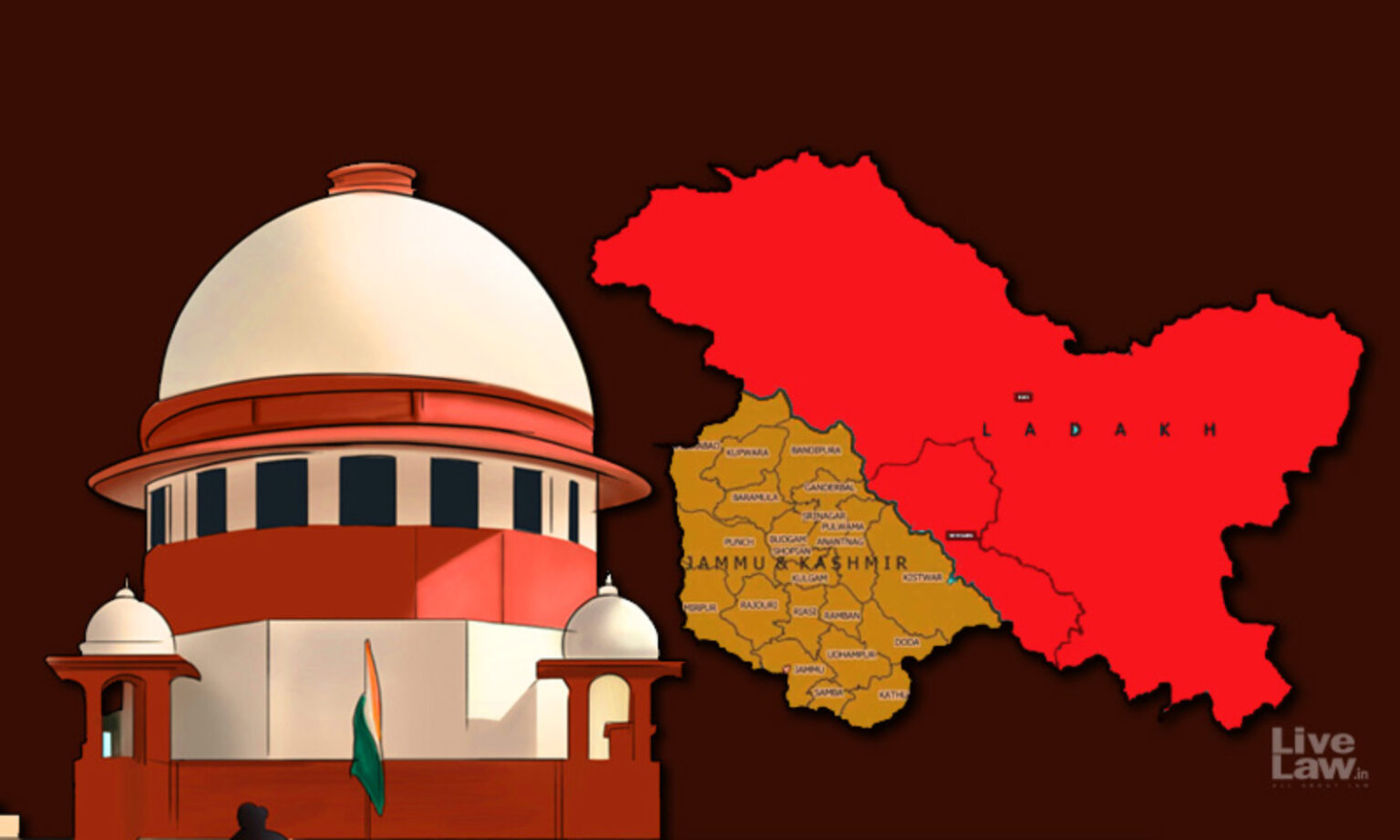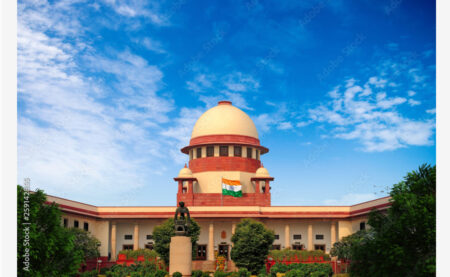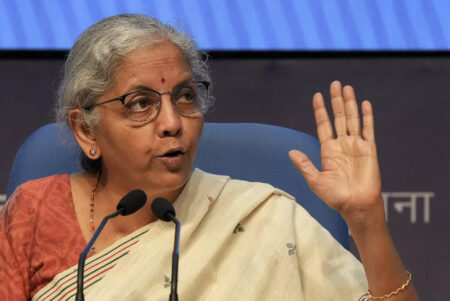During a panel discussion held to commemorate the release of Gautam Bhatia‘s book titled ‘Unsealed Covers: A Decade of the Constitution, the Courts, and the State,‘ Bhatia delved into several critical facets of the Indian Judiciary, including the nuanced acknowledgment of judicial ideology. This noteworthy discussion was graced by the presence of distinguished individuals, including Former Orissa High Court Chief Justice S Muralidhar, celebrated criminal law practitioner Senior Advocate Rebecca John, and esteemed senior journalist Seema Chisti.
Bhatia embarked on an exploration of the Indian legal system, shedding light on a captivating aspect often overlooked by the public. He underscored that within the hallowed halls of the courtroom, numerous momentous events transpire, quietly shaping the course of justice. These events, he emphasized, often remain concealed within the folds of legal proceedings and are regrettably absent from the official court orders. He expanded on the notion that these hidden dynamics extend far beyond the realm of oral exchanges and observations typically recorded in court records. In fact, Bhatia expounded, a substantial portion of these pivotal developments unfolds through seemingly innocuous one-line interim orders, which possess the potential to bring about significant transformations in the legal landscape.
ALSO READ: Indian Judiciary Can’t Play The Opposition Role: Kiren Rijiju
Intriguingly, he cautioned that deciphering these subtle but influential shifts in the legal terrain can be a formidable task for those not intimately engaged with courtroom proceedings. To truly comprehend the ramifications of these intricate legal maneuvers, one must be well-versed in the inner workings of the court and have followed the proceedings from an insider’s perspective, he asserted.
Bhatia’s insightful commentary illuminated the often-overlooked complexities of the Indian judicial system, offering a deeper understanding of the intricate dance between judicial ideology, courtroom dynamics, and the profound impact of seemingly minor legal orders on the broader legal landscape.
Continuing his thought-provoking discourse, Gautam Bhatia passionately articulated that it ought not to be a prerequisite for individuals to find themselves within the echoing corridors of the courtroom in order to grasp the intricate developments shaping the legal landscape. His poignant statement resonated with the conviction that while this should not be the case, regrettably, it often remains the reality. Bhatia underscored that this circumstance underscores the necessity of a critical perspective on the functioning of the Court, one that necessitates physical presence to comprehend the nuances and intricacies of the legal process.
Expanding further on the crucial role of criticism, particularly in an era where the boundaries within the political spectrum blur and shift even within the judiciary, Bhatia articulated a fundamental principle. He illuminated the fact that the demarcation of political space within the judicial sphere is an ever-evolving and often elusive phenomenon. This is particularly relevant given the changing dynamics of power and influence. In this context, he emphasized that the role of critics becomes paramount in maintaining a delicate balance of power.
Bhatia argued that critics wield a unique form of influence—one that relies solely on the power of the written word, symbolized by the pen. Unlike the executive and the state, which possess tangible authority and the ability to apply pressure, critics rely on the strength of their voices and their ability to craft persuasive arguments. Sometimes, Bhatia posited, the necessity for sharp and uncompromising criticism arises not out of a desire to be harsh, but rather out of the urgency to counterbalance the inherent disparities in power.
Gautam Bhatia brought forth a profound insight during his discussion, emphasizing that the existence of judicial ideology is an undeniable reality that we must confront head-on. In this context, he elucidated a crucial distinction, clarifying that when he speaks of judicial ideology, he does not refer to the cruder sense of political ideology but rather to the judge’s fundamental approach toward state power and its application. Drawing a poignant parallel with the United States, where the judicial system is more formalized, he noted that the winning President nominates judges who frequently align with the ideology of that President and their party. Bhatia made it clear that he wasn’t advocating for replicating the U.S. model in India, but he underscored the importance of acknowledging that judging is inherently a political act, as recognized in the U.S. system.
Contrastingly, Bhatia pointed out that in India, there exists a dismissal or disregard of the possibility of judicial ideology influencing decisions. He highlighted how the collegium system, which ostensibly portrays itself as a depoliticized process, inadvertently fosters the perception that judicial decisions are devoid of political influence. However, Bhatia firmly stated that this perception is far from the truth.
He proposed a crucial paradigm shift, asserting that there is a pressing need to acknowledge the presence of judicial ideology within the Indian judicial system. He argued that adopting an American-style system is not the solution but rather suggested that the first step should be a candid acknowledgment of this reality. Bhatia emphasized that this conversation regarding judicial ideology and its impact on judgments should evolve into a public discourse rather than remaining confined to clandestine discussions within legal circles, hidden in the recesses of private WhatsApp groups.
By acknowledging these differing judicial approaches and openly discussing them, he contended that when the Chief Justice assigns a case, there should be a transparent public conversation about the implications of that choice. Bhatia concluded by highlighting the underlying reason why this public discourse remains elusive: the overarching notion that judging is entirely depoliticized. However, he urged that once we begin to acknowledge the political aspect of judicial decision-making, we can scrutinize and engage in constructive conversations about these choices, ultimately fostering a more informed and transparent judicial system.













